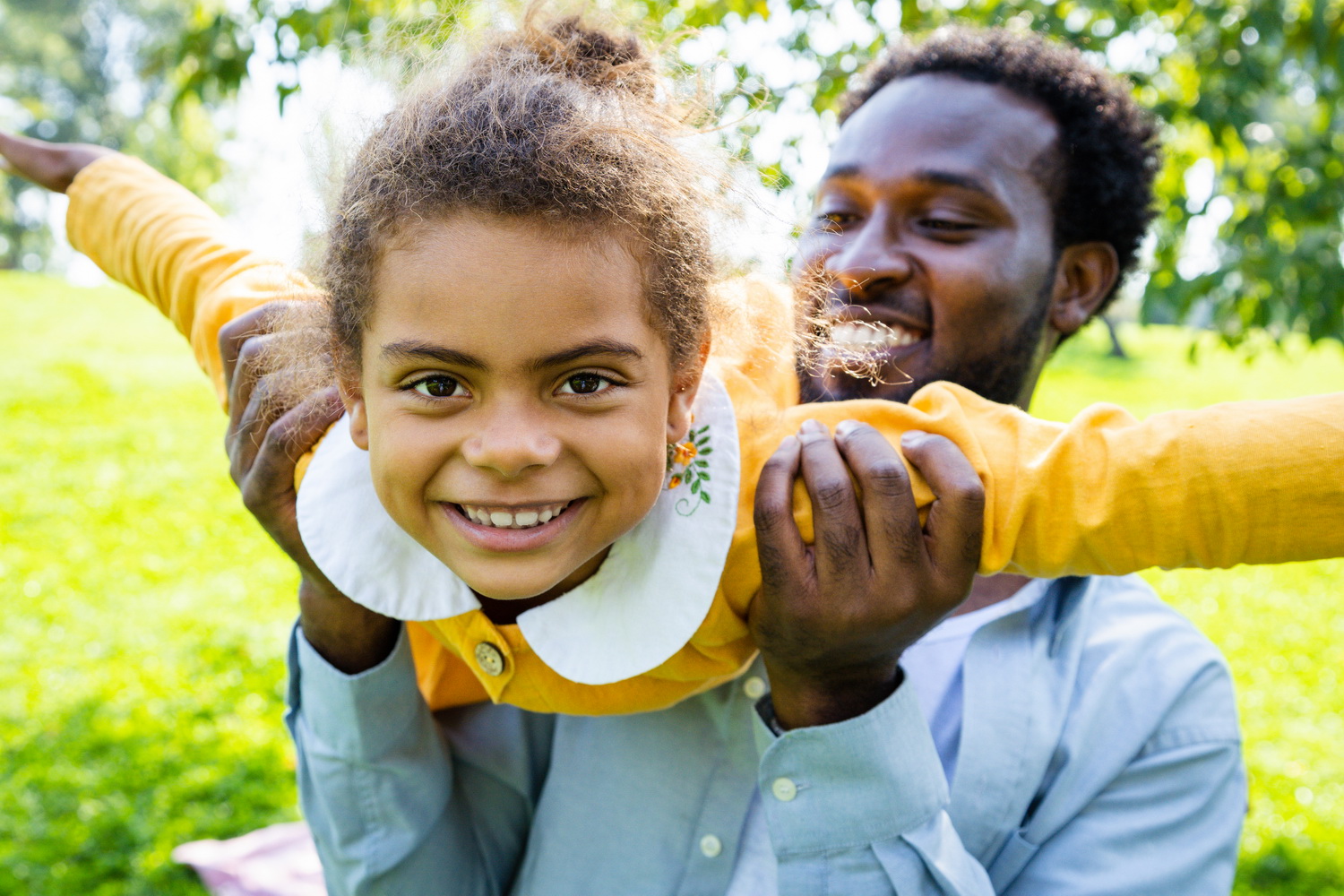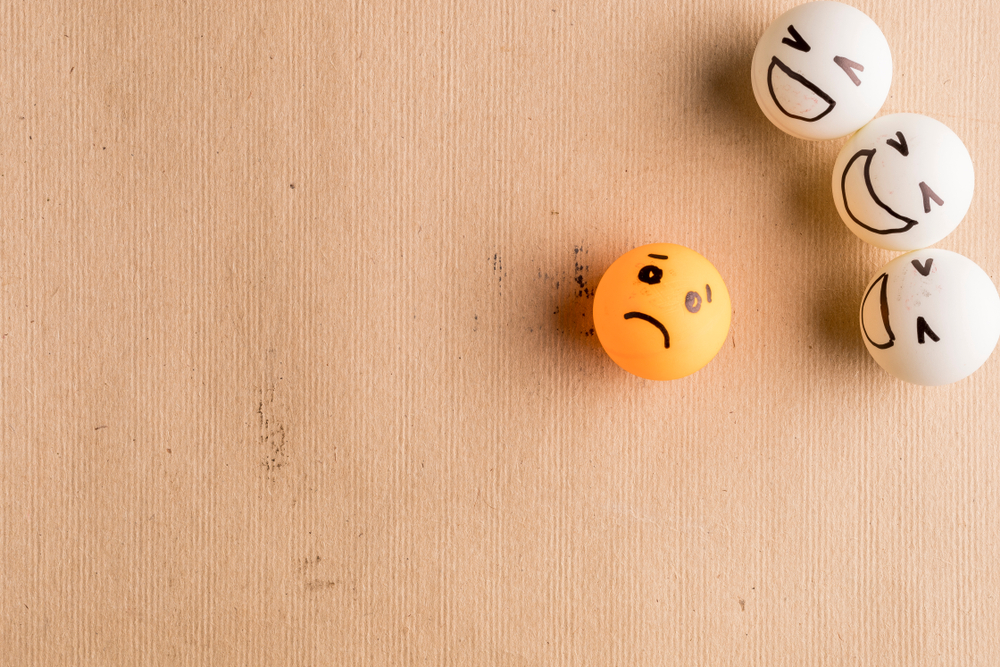Helping Children Navigate Developmental Crises for Healthy Growth
Aug. 22, 2024
By Akanksha Gupta, M.A. Psychosocial Clinical Studies

Hello, I am Akanksha, a certified children's psychologist! Child Psychology is a wonderful field that can teach us all a thing or two about ourselves and other people. I am here to share some of these interesting insights. In this article, I'll discuss the importance of developemental crises and how we can help children manage them.
During their development, children undergo many changes spanning their physical, mental, social and emotional state. It’s a huge undertaking, don’t you think so? Our kids are learning so much about themselves and the world, building their personalities as they interact with their environment. It’s then easy to see that this process of growth is not without its problems—a lot of us may know these as “growing pains”. While the phrase literally refers to the leg pains some children experience while growing up, it applies to other kinds of changes as well.
In psychology, a crisis is a turning point or a defining moment that requires some kind of decision-making or change
Some psychologists use the term ‘crisis’ to refer to these pain points during development. In this article, let's talk about what these crises are, why they occur, and how we can navigate them to support our children.

Why crises are important
Now, the word ‘crisis’ generally has a negative connotation, and may suggest that something has gone wrong. But if you look at the word’s origins and the way it is used in psychology, a crisis is a turning point or a defining moment that requires some kind of decision-making or change. In that sense, human development is full of such stages and turning points where we outgrow our old selves and embrace new habits.
According to psychologist Erik Erikson, a crisis is not a failure of normal human development; it is a part of healthy development.
Based on this logic, psychologist Erik Erikson proposed his theory of psychosocial development, which he categorized into 8 stages. Interestingly, these 8 stages are all points of crisis that humans experience while growing. So, for Erikson, a crisis is not a failure of normal human development; it is a part of healthy development. This perspective can be very empowering because it not only lets us accept these difficult moments but also prepares us to do what we can to ensure that these lead to growth.
While Erikson’s 8 stages cover almost the entire span of a human life, in this article, we will discuss 3 stages that come into the life of children roughly between the ages of 1 and 12 years. We will see what each stage looks like, what the crisis or turning point at that time is, and how we can support children during it.
Autonomy vs Shame (Age 1-3 years)
How it starts: As toddlers start gaining control over their bodies and learn to use their hands to pick things up and manipulate them, they generally show a curiosity and a desire to do self care activities on their own. This often manifests in situations when toddlers want to hold the spoon to feed themselves, wear clothes on their own, or go to the toilet during potty training.
The turning point: It is also natural for kids so small to be clumsy as they learn to do these tasks on their own for the first time. If they succeed, children become more confident and learn to do these tasks independently. However, if they feel like they have failed or sense frustration or criticism from their parents, they feel shame.
How we can help: Hence, as their caregivers, we can help children become independent by letting them try these tasks on their own and encouraging them. Criticising them or showing frustration, on the other hand, can make them feel shame, leading them to believe that they cannot manage these activities themselves.
Initiative vs. Guilt (Age 3-6 years)
How it starts: Continuing from the previous stage, children extend their newfound confidence and autonomy to things and people beyond themselves. They tend to have a lot of ideas at this age. For instance we all low-key dread the phase when they want to know ‘WHY’ anything is the way it is! 😄 Children can also come up with new ideas for playing - like having a tea party for their toys. Another sign is when kids want to help with tasks that they see us do - like carrying groceries, setting the table, or even cooking.
The turning point: As you can probably guess, if it seems like their ideas are good and helpful, children’s tendency to take initiative grows stronger. On the flipside, they may also begin to realize that their ideas affect other people negatively: for instance, if a child takes a lead in an imaginary play like playing house, some of the other kids may not be happy with the roles given to them. This can lead to conflicts.
How we can help: To assist kids in navigating this stage, we can support their initiatives and help execute them. If they want to help, give them tasks they can manage on their own, like helping set the table or conveying messages to people. When their initiatives have the potential to affect other people, it is our duty to help them choose the best behavior. Having said that, remember not to make them feel bad for having these self-focused ideas and initiatives. Help them use their concern for others constructively rather than negatively.
Industry vs. Inferiority (Age 6-12 years)
How it starts: During these ages, school generally becomes the most important part of the child’s broadening social circle. Unlike in families where they are naturally made to feel special, in school, children have to prove themselves through their skills. How they perform in academic projects, their hobbies, sports and social activities determines how their peers and teachers see them. To stand out, children would work hard to excel in one or all of these areas.
The turning point: If they manage to do well in school and win respect from others, children feel a sense of satisfaction and view hard work positively. If they feel like they have failed though, they develop a sense of inferiority—thinking that they are not good or smart enough. As a result, they may become withdrawn and risk-averse. If they think they cannot be good enough, they may also act out and work hard to be a bad kid—because that’s another way to stand out. Some kids may also develop perfectionistic tendencies as a result of inferiority. The type of response depends on each child’s personality and environment.
How we can help: Parents and teachers can nudge children towards industry (rather than inferiority) by setting realistic and achievable expectations from kids. Give them the resources and support they need to succeed. Accepting less than perfect results from their efforts also helps children gain confidence at this stage. Similarly, avoid making them feel like they are a failure.
Being present to nuances
An essential thing to remember when it comes to human development is that all these theories and stages of development are only approximate and generalized ideas of how development happens.
In actual life, each child and the environment they are raised in is unique, and both these factors have a huge role to play in a child’s behavior. At every stage, the same crises may manifest in different ways for different children. So while these theories can help us identify patterns in our children’s behavior, they only work if we take care to observe our children, listen to them, and make an effort to understand them. The best teacher in this case, is the child in question. Everyone else plays a supportive role!
If you think that your child is experiencing problems in their development, please consult a professional pediatrician.
For more professional advice on children's wellbeing and education, visit our parents' blog.

References
https://journals.healio.com/doi/abs/10.3928/0048-5713-19800601-07
Kozulin, A., Gindis, B., Ageyev, V. S., & Miller, S. M. (Eds.). (2003). Vygotsky's educational theory in cultural context. Cambridge University Press. https://doi.org/10.1017/CBO9780511840975












